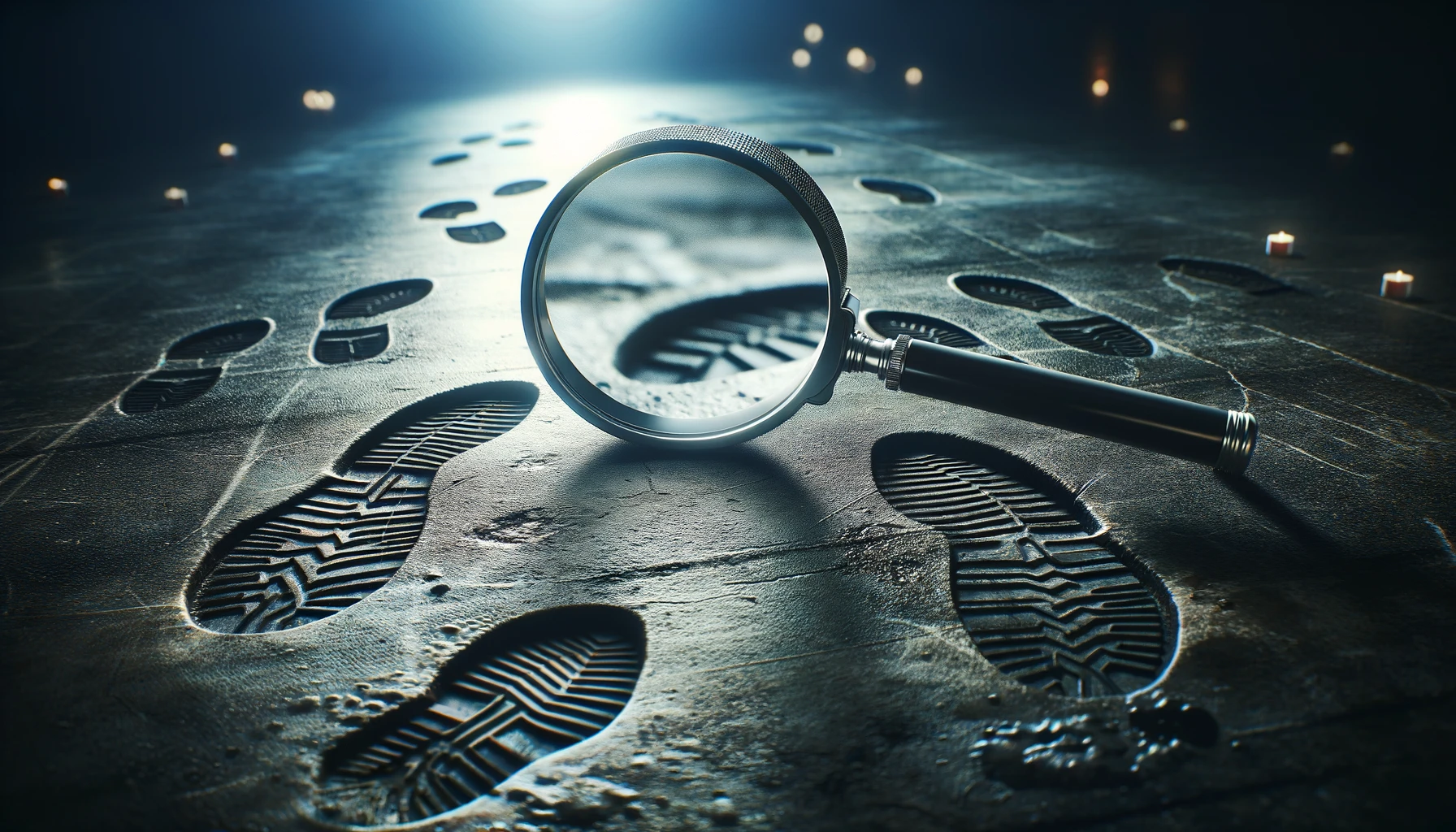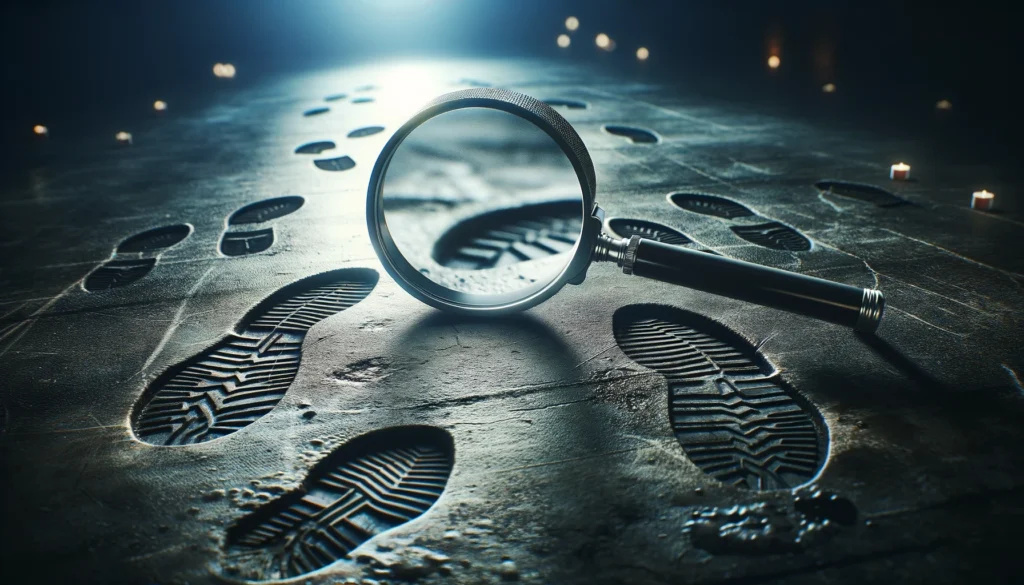
In the intricate world of criminal defense, witness preparation stands as a critical pillar that can significantly impact the outcome of a case. Paralegals, as indispensable members of the legal team, play a pivotal role in this process, ensuring that witnesses are well-prepared and confident to testify. As technology continues to reshape various industries, the legal field is no exception. Today, we stand on the cusp of a new era, with artificial intelligence (AI) tools like ChatGPT poised to revolutionize the way paralegals approach witness preparation.
ChatGPT, a powerful language learning model, has the potential to streamline and enhance various aspects of legal work, including witness preparation. This article aims to explore how paralegals can leverage this innovative tool to optimize their witness preparation process, ultimately contributing to more robust and effective criminal defense strategies.
In the following sections, we will delve into the workings of ChatGPT, discuss practical techniques for its application in witness preparation, and address the ethical considerations and limitations associated with its use. As we navigate this exciting terrain, we hope to inspire paralegals to embrace technology and harness its power to elevate their work in the legal field.
With this context in mind, let’s first gain a solid understanding of ChatGPT and language learning models (LLMs) in the next section.
Demystifying ChatGPT and Language Learning Models (LLMs)
Having set the stage for our exploration, it’s crucial to develop a clear understanding of ChatGPT and Language Learning Models (LLMs). These cutting-edge AI tools are making waves in various industries, and their potential applications in the legal field are vast and promising.
ChatGPT: A Powerful AI Assistant
ChatGPT is a sophisticated AI language model developed by OpenAI. Trained on an extensive dataset, it generates human-like text based on the input it receives, making it a versatile tool for a wide range of tasks, from drafting documents to answering complex questions.
Language Learning Models (LLMs): The AI Behind ChatGPT
LLMs are a subset of AI models designed to understand and generate human language. They learn patterns and structures from vast amounts of text data, enabling them to produce coherent and contextually relevant responses. ChatGPT is an example of a fine-tuned LLM, specifically adapted for conversational applications.
Unleashing the Potential for Paralegals
With a solid grasp of ChatGPT and LLMs, it’s time to explore how these tools can transform witness preparation for paralegals. In the next section, we will discuss practical techniques for leveraging ChatGPT in witness preparation, illustrating its potential to streamline and enhance this critical aspect of criminal defense work.
Unleashing ChatGPT’s Potential for Witness Preparation
Now that we have a firm understanding of ChatGPT and LLMs, let’s explore how paralegals can harness this technology to optimize witness preparation in criminal defense cases. ChatGPT’s ability to generate contextually relevant responses and analyze text makes it an invaluable asset for various stages of the witness preparation process.
Formulating Incisive Questions for Witness Interviews
Crafting well-structured and targeted questions is crucial for eliciting pertinent information during witness interviews. ChatGPT can assist paralegals in creating a comprehensive set of questions tailored to each witness by analyzing case details and identifying key areas of inquiry.
To leverage ChatGPT for this purpose, paralegals can input relevant case information and prompt the AI to generate a list of questions. For example:
“Based on the following case details, generate a list of questions for the witness interview: [case summary]”
Identifying Inconsistencies in Witness Statements
Consistency is vital when evaluating witness credibility. ChatGPT can help paralegals scrutinize witness statements and pinpoint discrepancies that may require further clarification or investigation. By inputting witness statements and asking ChatGPT to identify potential inconsistencies, paralegals can ensure a thorough analysis and address any issues before trial.
For instance, the prompt could be:
“Analyze the following witness statement and highlight any inconsistencies or areas that require further clarification: [witness statement]”
Developing Potential Cross-Examination Questions
Anticipating and preparing for cross-examination is a critical aspect of witness preparation. ChatGPT can generate potential cross-examination questions based on witness statements and case details, enabling paralegals to better prepare witnesses for the challenges they may face during trial.
A sample prompt for this application might be:
“Based on the witness statement and case details provided, generate a list of potential cross-examination questions: [witness statement and case summary]”
With these applications in mind, the next section will delve into hands-on strategies for employing ChatGPT in witness preparation, offering practical tips and techniques for maximizing its benefits.
Hands-On Strategies: Employing ChatGPT in Witness Preparation
Building on the potential applications of ChatGPT in witness preparation, let’s explore some practical strategies and techniques for paralegals to maximize the benefits of this AI tool. By employing these methods, paralegals can enhance their witness preparation process and contribute to more effective criminal defense strategies.
Crafting Sophisticated Prompts
To get the most out of ChatGPT, it’s essential to craft nuanced and specific prompts. The more detailed and contextually rich the input, the more valuable the output will be. Here are some tips for creating effective prompts:
- Be specific: Provide as much relevant information as possible to guide ChatGPT’s response.
- Frame the question clearly: Ensure your prompt is well-structured and easy to understand.
- Request multiple outputs: Ask for several examples or suggestions to get a broader range of responses.
Creating Witness Profiles and Predicting Behavior
ChatGPT can help paralegals build witness profiles by analyzing their statements, backgrounds, and other relevant information. This analysis can provide insights into witnesses’ potential demeanor under cross-examination, enabling paralegals to prepare them more effectively.
For example, a prompt could be:
“Based on the following witness statement and background information, provide an analysis of the witness’s potential behavior under cross-examination: [witness information]”
Simulating Courtroom Scenarios
Paralegals can use ChatGPT to simulate courtroom scenarios, helping witnesses familiarize themselves with the trial environment and potential lines of questioning. By inputting case details and asking ChatGPT to generate a mock cross-examination, paralegals can create realistic practice sessions for witnesses.
A sample prompt for this application might be:
“Using the provided case details and witness statement, generate a mock cross-examination dialogue: [case and witness information]”
As we’ve explored various strategies for employing ChatGPT in witness preparation, it’s essential to consider the ethical implications and limitations associated with using AI in legal work. In the next section, we will address these important considerations to ensure responsible and effective use of ChatGPT in the legal field.
Navigating Ethical Dilemmas and Limitations of ChatGPT
While ChatGPT offers numerous benefits for witness preparation, it’s crucial for paralegals to be aware of the ethical considerations and limitations associated with using AI in legal work. By addressing these concerns, paralegals can ensure they are employing ChatGPT responsibly and effectively.
Ethical Considerations
Some ethical dilemmas that may arise when using ChatGPT in witness preparation include:
- Confidentiality: Paralegals must ensure that sensitive case information is not inadvertently disclosed or compromised when using AI tools like ChatGPT.
- Reliance on AI: Over-reliance on AI-generated outputs may lead to oversights or errors in judgment. Paralegals should use ChatGPT as a supplementary tool, rather than a replacement for human analysis and decision-making.
- Bias: AI models, including ChatGPT, may inadvertently perpetuate biases present in their training data. Paralegals should be aware of this potential issue and critically evaluate AI-generated outputs.
Limitations
ChatGPT, like any AI tool, has its limitations:
- Context understanding: While ChatGPT is proficient at generating contextually relevant responses, it may not always fully grasp the nuances and complexities of legal cases.
- Dependence on input quality: The usefulness of ChatGPT’s outputs is heavily reliant on the quality and specificity of the input provided.
- Lack of legal expertise: ChatGPT is not a legal expert and should not be treated as such. Its outputs should be reviewed and verified by legal professionals.
With these ethical considerations and limitations in mind, let’s look ahead to the future prospects of ChatGPT and its potential impact on the legal field.
Looking Ahead: The Impact of ChatGPT on the Future of Legal Work
As AI tools like ChatGPT continue to evolve and become more integrated into the legal field, it’s essential to consider their potential impact on the future of legal work. Embracing technology can lead to significant advancements in efficiency, accuracy, and overall case management.
- Streamlined processes: AI tools can automate routine tasks, allowing paralegals and attorneys to focus on more complex aspects of their work.
- Enhanced collaboration: ChatGPT and similar AI tools can facilitate better communication and collaboration among legal teams by providing a shared platform for analysis and idea generation.
- Improved access to justice: By reducing the time and resources required for various legal tasks, AI tools can help make legal services more accessible and affordable for a broader range of clients.
While the integration of AI into the legal field presents exciting possibilities, it’s crucial for legal professionals to approach these advancements with a balanced perspective, acknowledging both the benefits and limitations of these tools. By doing so, they can ensure that AI is employed responsibly and effectively, ultimately contributing to a more efficient and equitable legal system.
Pioneering a New Era of Witness Preparation with ChatGPT
In conclusion, ChatGPT holds immense potential as a transformative tool for witness preparation in criminal defense cases. By leveraging its capabilities, paralegals can optimize various aspects of witness preparation, ultimately contributing to more robust and effective defense strategies. As AI continues to reshape the legal landscape, embracing tools like ChatGPT will be essential for legal professionals seeking to stay ahead in this rapidly evolving field.
Bonus Section: A Pocket Guide to Using ChatGPT for Witness Preparation
- Craft specific prompts
- Provide detailed information
- Frame questions clearly
- Request multiple outputs
- Generate interview questions
- Analyze case details
- Identify key areas of inquiry
- Identify inconsistencies
- Scrutinize witness statements
- Address discrepancies
- Develop cross-examination questions
- Anticipate challenges
- Prepare witnesses thoroughly
- Create witness profiles
- Analyze witness information
- Predict behavior under cross-examination
- Simulate courtroom scenarios
- Generate mock cross-examinations
- Familiarize witnesses with trial environment
By following this guide, paralegals can effectively leverage ChatGPT to streamline and enhance their witness preparation process, ultimately contributing to more successful criminal defense strategies. This pocket guide serves as a quick reference for paralegals looking to harness the power of AI in their work, ensuring they make the most of ChatGPT’s capabilities while navigating the complex world of witness preparation.


